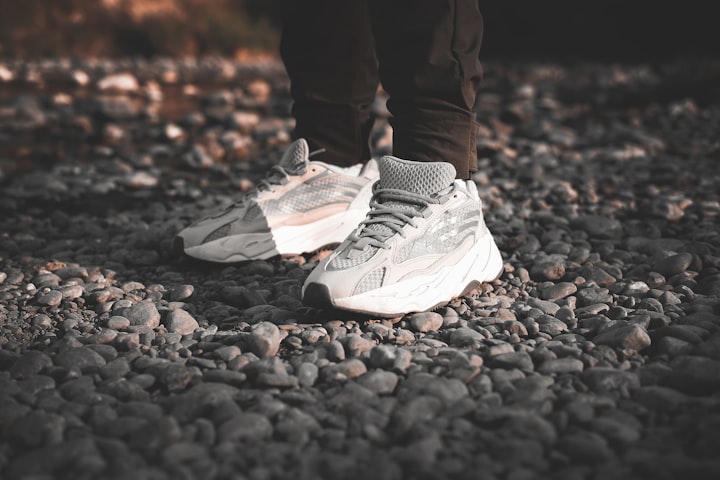
Sustainability is becoming an increasingly important issue across all industries, and the fashion industry is no exception. Fashion industry leaders are realizing that sustainable practices are not just good for the environment, but they are also good for business. In this article, we will explore some insights on sustainability from fashion industry leaders.
Sustainable fashion is a complex issue that requires collaboration and innovation.
According to Katrin Ley, Managing Director of Fashion for Good, "The fashion industry needs to shift from a linear take-make-waste model to a circular one that is regenerative by design." This requires collaboration and innovation across the industry, from designers to manufacturers to retailers. It also requires a commitment to transparency and traceability in the supply chain.
Consumers are demanding sustainable fashion.
Consumers are becoming more aware of the impact of their purchasing decisions on the environment, and they are demanding sustainable options. As a result, fashion industry leaders are feeling the pressure to incorporate sustainable practices into their businesses. According to the 2021 State of Fashion report by The Business of Fashion and McKinsey & Company, "sustainability has moved from a nice-to-have to a must-have for brands."
Sustainable fashion can be profitable.
Many fashion industry leaders believe that sustainable practices are not only good for the environment, but they are also good for business. In fact, according to a report by Boston Consulting Group, "Sustainable fashion represents a $150 billion opportunity for brands that can adapt to changing consumer demands." By incorporating sustainable practices, brands can attract environmentally conscious consumers and differentiate themselves from competitors.
Designers have a responsibility to incorporate sustainable practices into their designs.
Designers play a key role in the fashion industry, and they have a responsibility to incorporate sustainable practices into their designs. According to Stella McCartney, "As designers, we have the responsibility to take the lead in designing for sustainability, pushing the boundaries and being innovative." Designers can use sustainable materials, reduce waste, and incorporate circular design principles into their collections.
Collaboration is key to making the fashion industry more sustainable.
Many fashion industry leaders believe that collaboration is key to making the industry more sustainable. According to Giusy Bettoni, CEO of C.L.A.S.S., "We cannot solve sustainability alone; we need to work together as a team." This means collaborating across the supply chain, from designers to manufacturers to retailers, to create a more sustainable industry.
Transparency and traceability are essential for sustainable fashion.
Transparency and traceability are essential for sustainable fashion. Consumers want to know where their clothes come from and how they were made. According to Vanessa Friedman, Fashion Director and Chief Fashion Critic for The New York Times, "The more transparent and accountable a brand is about its processes, the more confident consumers can be in their choices." By providing transparency and traceability, brands can build trust with consumers and demonstrate their commitment to sustainability.
Sustainable fashion is a journey, not a destination.
Finally, sustainable fashion is a journey, not a destination. According to François-Henri Pinault, CEO of Kering, "Sustainability is a never-ending journey; it's something we have to constantly work on." The fashion industry is constantly evolving, and sustainability requires ongoing commitment and innovation.
In conclusion, sustainable fashion is a complex issue that requires collaboration, innovation, and a commitment to transparency and traceability. Consumers are demanding sustainable options, and fashion industry leaders are feeling the pressure to incorporate sustainable practices into their businesses. However, many fashion industry leaders believe that sustainable practices are not just good for the environment, but they are also good for business. By collaborating across the supply chain, incorporating sustainable practices into designs, and providing transparency and traceability, the fashion industry can create a more sustainable future.
About the Creator
Jawad Ali
As a writer, I am passionate about crafting compelling stories and engaging content. With a love of language and a dedication to my craft, I strive to create work that resonates with readers and leaves a lasting impact.





Comments (1)
nice bro write more